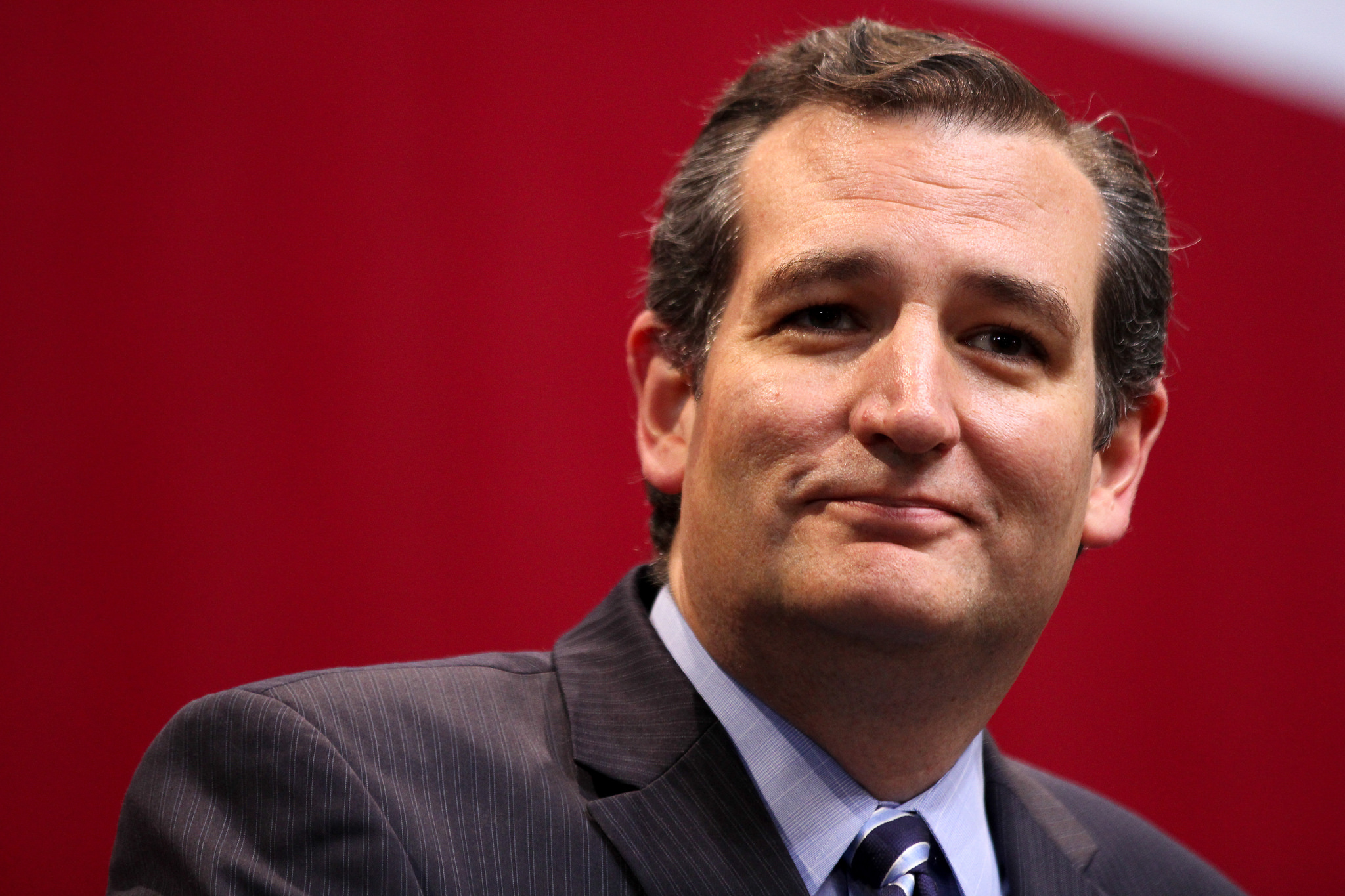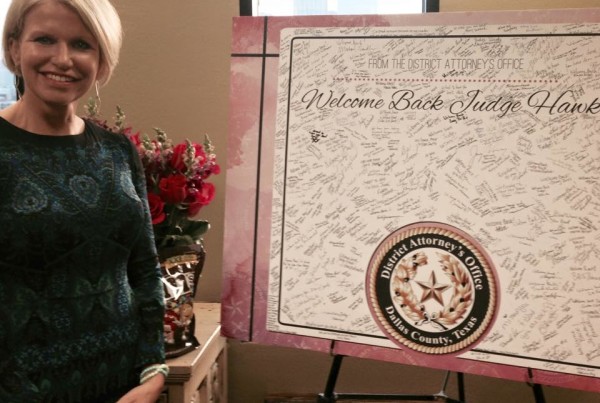It happened on the floor of the U.S. Senate: Ted Cruz, the junior senator from Texas and prospective applicant for the top job in the executive branch, asked for a recorded vote on his proposal to defund Planned Parenthood and dump the nuclear deal with Iran.
What followed was seven seconds of awkward silence, which said more than any pundit could about the relationship between one Texas senator and the rest of the U.S. Senate.
Procedure dictates the normal follow-up would be a routine motion to second Cruz’s request. Then there would be a roll-call and each individual vote would be recorded. Kevin Diaz, the Houston Chronicle’s Washington correspondent, says in this case nobody came to Cruz’s aid, which made the situation more awkward.
“Clearly nobody was ready to do that here,” he says. “They saw it as a show, as a gesture. He’s running for president, and they just weren’t gonna give him that moment. They made him feel fairly uncomfortable. And that’s where he stands.”
Why was this silence more than just a parliamentary diss? Why does it matter in a bigger sense?
“It should matter to 27 million Texans because he’s their representative in the U.S. Senate… and it calls into question his ability to play nice in the sandbox…. This calls into question his ability to get things done in the Senate on behalf of the state.”
Senator Cruz has also made a career of running against back slaps and business as usual, even with people in his own party. Do you think he’s shedding any tears that other senators don’t like him?
“No absolutely not. I think he’s happy for the attention. This plays right into the the message he wants to send to his base in the presidential election. These folks hate Washington and he’s standing up to Washington.”
What about Cruz’s relationship with the other Texas Senator, John Cornyn?
“[Cornyn] said ‘The junior senator neither has sought nor needs my advice.'”
What price is Cruz paying to win support as an outsider?
“There have been mavericks before who were outspoken, but who still could get along with their colleagues on a personal level. What we sense with Ted Cruz is a certain personal disconnect. And that can really be fatal in Washington.”















